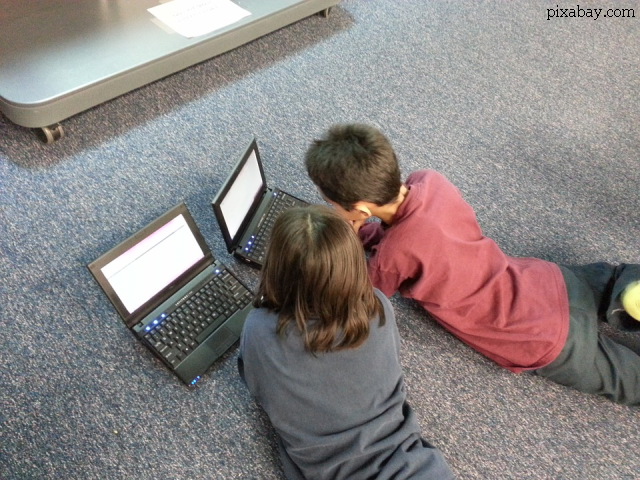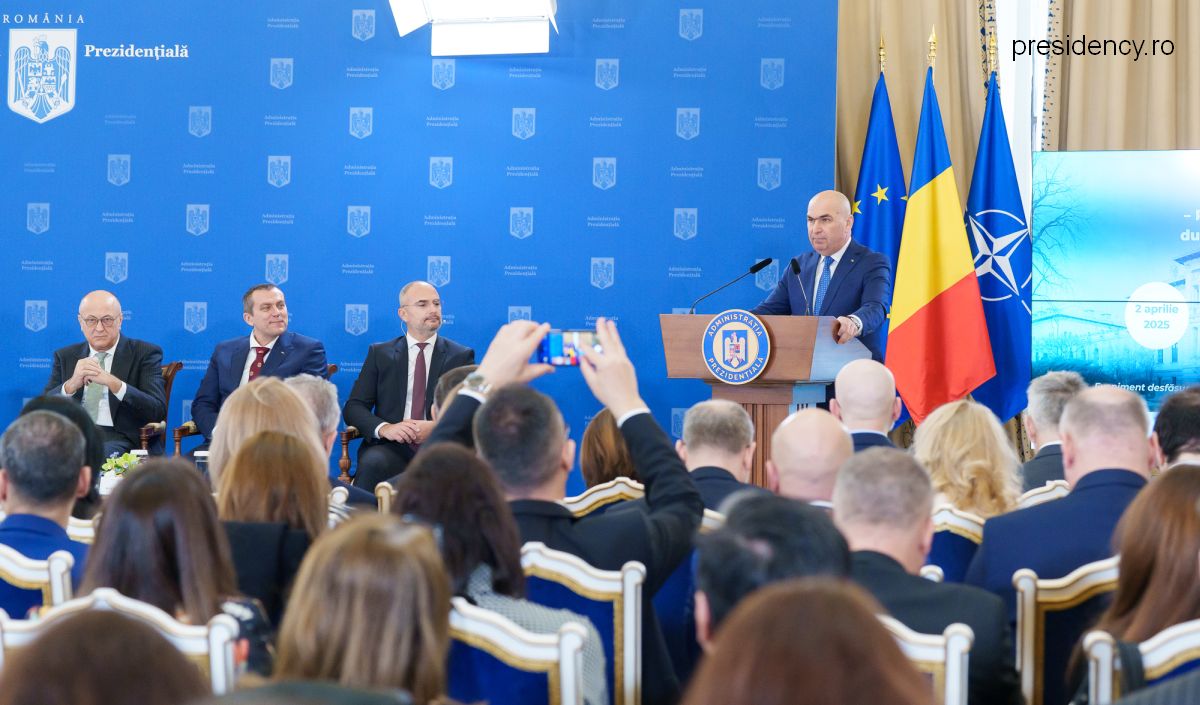Children’s education in Romania
The Romanian Education Ministry wants to turn childrens interest in the internet into a teaching resource.
Warning: Trying to access array offset on null in /home/web/rri.ro/public/wp-content/themes/rri/template-parts/content.php on line 53

Warning: Trying to access array offset on null in /home/web/rri.ro/public/wp-content/themes/rri/template-parts/content.php on line 98
Roxana Vasile,
06.02.2019, 13:49
In time, Romanian authorities’
interest in children has been inversely proportional to the level of education.
More precisely, in the past 30 years, every single minister who has been in
charge of education, and there have been many of them, has tried to bring along
innovation. There have been changes for the better, but also lots of measures
that have turned the system upside down, repeatedly, and that has been
reflected in the disastrous results obtained by pupils in 6-month or
end-of-the-year evaluations and exams. There are many causes: a decreasing
number of teachers, many of them lacking the necessary skills, bad textbooks,
scarce investment in school infrastructure and students who are increasingly
interested in using new technologies rather than reading a book.
The latest study in the field, made
public on Tuesday by the Save the Children organisation, shows that more than
one quarter of the children in Romania (27.3%) spend more than 6 hours a day
online on weekdays, with the rate going up to 50% at the weekend or during
holidays. Children start accessing online information at the age of 9. They use
mainly smart phones, as well as other devices. Seven out of ten pupils use the
internet at school, but not for educational purposes. They use it during recess
or even, secretly, in class. More often than not, the internet is their
exclusive source of information for homework.
Against this background, the current
education minister, Ecaterina Andronescu, wants to turn children’s interest in
the internet into something for their benefit. More precisely, she wants to
purchase intelligent blackboards for all classrooms in the country, as well as
tablets for secondary and high-school students, as part of an EU-funded project
that would cost an estimated 400 million Euros. Ecaterina Andronescu:
Approaching the internet as an
educational resource has multiple implications: first of all, it compels us to
review the school curricula, to bring to school the tools that the teachers need
in order to use this resource and that is why, lately, we have tried, together with
the communications ministry, to draw up a project on the basis of which each
classroom would have an intelligent blackboard and teachers would plan their
lessons by resorting to online information that would really help the children
understand the concepts, and not just learn them by heart.
Also, the education ministry has
decided to renounce the single textbook. The decision, published in the
Official Journal, was made one year after the previous minister, Liviu Pop,
decided that textbooks were to be drawn up and published by the state’s
publishing house only. An open tender will be organised, and the best three
offers will be awarded a contract for each school subject, based on an
assessment conducted by the National Council of Evaluation and Accreditation. Experts
will also be involved, in order to prevent errors from appearing in these textbooks.
So, the focus will first be on quality, and then on price. It remains to be
seen whether the measure will bring along better results when it comes to the
children’s school performance.






























